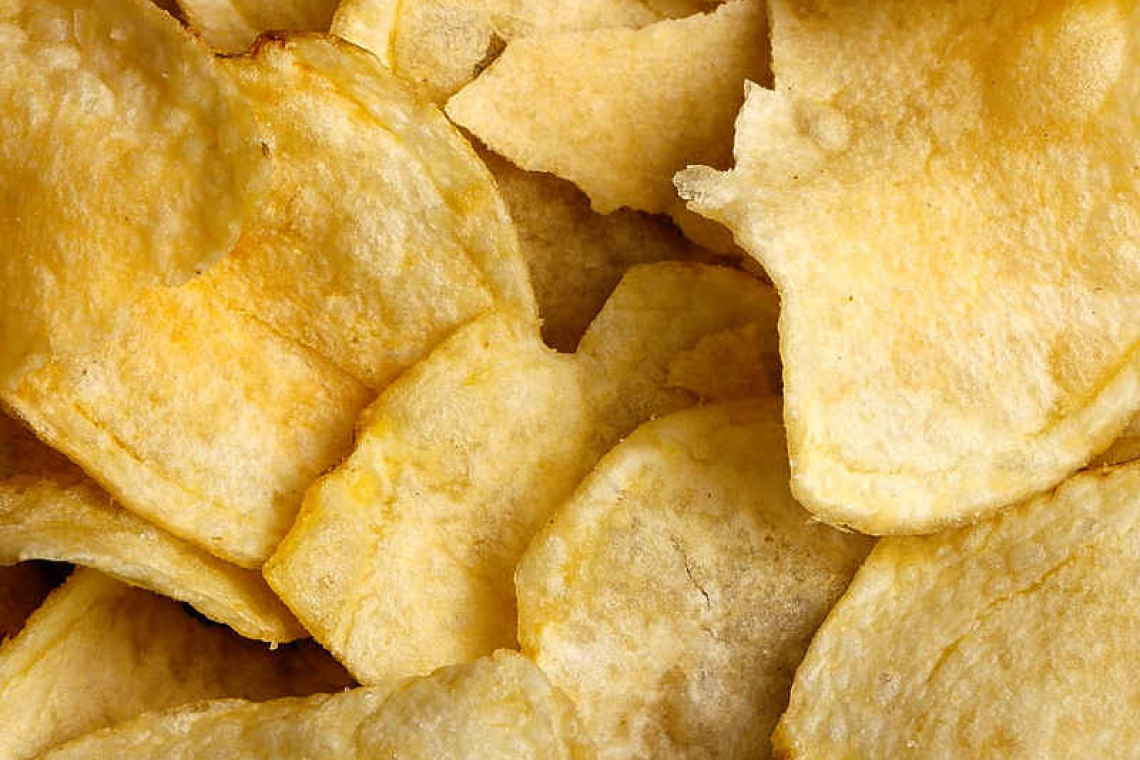By Dr. Colin Michie FRCPCH University of Central Lancashire
Sulphur is a building block used in many of our proteins. During our metabolism of sulphur amino acids, we release sulphite within our cells.
Many foods naturally contain quite high levels of sulphite, including apples, rice, onions, garlic, cabbage, molasses and nuts. These do not cause problems when eaten regularly, or even in large amounts. By the time you have read a few articles from The Daily Herald, though, the chances are you will have passed some flatus – an average human does this about 20 times a day. High sulphite intakes are thought to make flatus smell worse! This particular social challenge varies for each of us and depends too on our bowel bacteria and the amount of air we swallow. Crucially, sulphite is scavenged by enzymes and converted to compounds that are re-used or passed out; our bodies efficiently remove it.
Sulphites are valuable additives for beverages, foodstuffs, personal products and some medications because they are antimicrobial and antioxidant. They prevent many bacteria and fungi growing. They stop fruit, sea-foods, pepper sauces and even guacamole going brown. In beverages, they halt fermentation while maintaining colour and flavour. Potato crisps, deli meats, pickles, dried fruits and coconut preparations often contain added sulphites to prolong their shelf-life. Wine is a challenging beverage because its sulphite levels vary; sulphites are found in grapes, and they may be added at different stages of vinification. Not all organic products are sulphite-free either, so checking the labels in the supermarket is important if you think you are sensitive to them.
A disturbing study carried out recently in a European meat market found sulphite had been added to most produce on display. Different parts of the world have differing regulations too. For instance, many years ago, the American Food and Drug Administration banned the use of sulphites on foods that are to be eaten raw, such as fruit, vegetables or shrimps. However, this regulation is not necessarily followed everywhere. Do we consume more sulphite than we know about?
The various sulphites in industrial use are numbered as food additives E220-228; these are “generally regarded as safe” (GRAS). Toxic levels of sulphite are not known, but the World Health Organisation has set a recommended daily limit of about 50mg a day for a 70kg adult. This level can be exceeded by drinking half a bottle of some wines. So are we to be made ill by consuming excess sulphite?
Sulphites are known to cause health problems in a few individuals. In personal care products (especially hair dyes) they can cause skin reactions. Small numbers of asthmatics develop wheezing after consuming sulphite-high diets. Debates about “wine-induced headaches” being caused by sulphites continue, but these may be triggered by alcohol or migraines related to the product. A large proportion of allergic reactions presenting to hospital services never have an identified cause. So it is possible that sulphites as an environmental allergen might be involved in some of these. At present, however, sulphite effects cannot be diagnosed with accuracy. Reliable testing to measure sulphites in patients suffering allergies have yet to be developed.
And to be practical, you might visit the hairdresser to eliminate grey intruders on your scalp, then have a fancy lunch of deli salads, pickles and a large glass of fruit juice. These treats could just have provided your body, unexpectedly, with a high burden of sulphites. Yet it is unlikely this will make you particularly ill!
Sulphites are valuable disinfectants, particularly in this age of antimicrobial resistance. They have many roles in industrial applications. Even so, new compounds are being tested as replacements, particularly in the brewing industries, where there are drives to reduce the exposure of consumers to sulphites. One candidate preservative is resveratrol. This compound evolved in fruits, particularly grapes, as a colourless, powerful antioxidant to protect a growing fruit against ultraviolet irradiation and fungi. Resveratrol has several health benefits not shown by sulphites, including improvements to our blood vessel linings and blood pressures. It may now be manufactured artificially, so it has great potential as a sulphite-replacement. Other molecules such as tannins, or polymers like chitosan, or even catechins from teas may allow less sulphite to be used.
Our chemosphere continues to change. We are exposed to higher levels of compounds whose effects we do not know well and cannot measure easily. Alone or in combinations, these may affect our normal metabolism, our immune systems, our health. We should reduce potential risks to all in our communities, by examining our diets and environments. Sulphites are unlikely to trouble most of us, but vigilance should become a watchword to reduce our exposure.
Dr. Colin Michie is currently the Associate Dean for Research and Knowledge Exchange at the School of Medicine in the University of Central Lancashire. He specializes in paediatrics, nutrition, and immunology. Michie has worked in the UK, southern Africa and Ghaza as a paediatrician and educator and was the associate Academic Dean for the American University of the Caribbean Medical School in Sint Maarten a few years ago.







